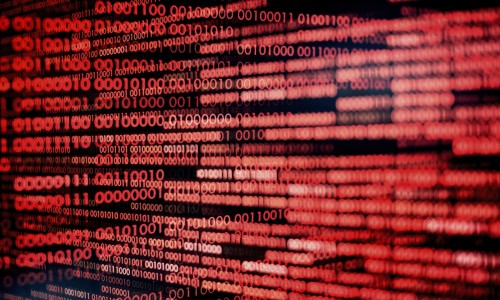
The Impact of COVID on Cyber Security
29 May 2021
It’s been almost 15 months since many parts of the world went into lockdown due to the coronavirus pandemic. To combat many of the challenges that humanity was suddenly facing, digital transformation accelerated during this time. As a result, cyber security became a real concern.
Here, we examine the pandemic and its impact on the digital world.
The healthcare sector
Unsurprisingly, the healthcare sector was hit hard by the pandemic. And unfortunately, cyber criminals took advantage of this and began attacking pharmaceutical companies, hospitals and agencies – they even targeted doctors individually.
Back in March 2020, the US Department of Health and Human Services suffered a disruptive DDoS attack on its computer system. Shockingly, the aim was to undermine the agency’s response to COVID.
Meanwhile in the UK, scammers targeted healthcare workers by sending out an email with the subject line “ALL STAFF: CORONA VIRUS AWARENESS”. Pretending to be from each firm’s internal IT team, the email encouraged the recipients to sign up to a webinar about COVID awareness.
In the process, victims were taken to a third-party website disguised as an Outlook web app – anyone who filled in the form unintentionally gave their details to the hackers.
Working from home
The sudden shift from office working to home working came as a shock to organisations around the globe, and many weren’t prepared.
Notably, many of them didn’t provide their staff with corporate equipment due to monetary and supply chain issues. Instead they allowed staff to work from their home devices – devices that are often poorly protected and able to download damaging malware.
As well as possible compromises due to the sudden usage of home devices, employers also had to worry about staff using their own unsecure networks.
IT administrators were no longer in control of the Internet channel that staff were using, and the number of attacks on unsecured RDP ports – the most popular remote connection protocol on Windows computers – increased drastically during the first few months of the pandemic.
Video software
Whether it was for remote working or for keeping in touch with friends and family, the demand for video software increased dramatically during the first few months of the pandemic.
This sudden growth in demand attracted cyber criminals from the onset, and video chat apps such as Houseparty saw many users claiming that their online accounts (PayPal, Netflix, Snapchat, Spotify etc.) had been hacked after using the software.
Security flaws were also discovered in well-respected video conferencing softwares such as Microsoft Teams and Zoom. At the start of the pandemic, Zoom developers for macOS even discovered bugs that allowed hackers to take control of users’ devices.
ICT Solutions can help keep your business safe
We hope we’ve helped shed some light on the security issues that have affected the digital world over the past year and a half.
As many UK businesses continue to work remotely, we have many tools, services and solutions that can keep your own organisation securely connected.
From cyber security services to fully managed IT support packages, get in touch with ICT Solutions today to find out how we can help.



